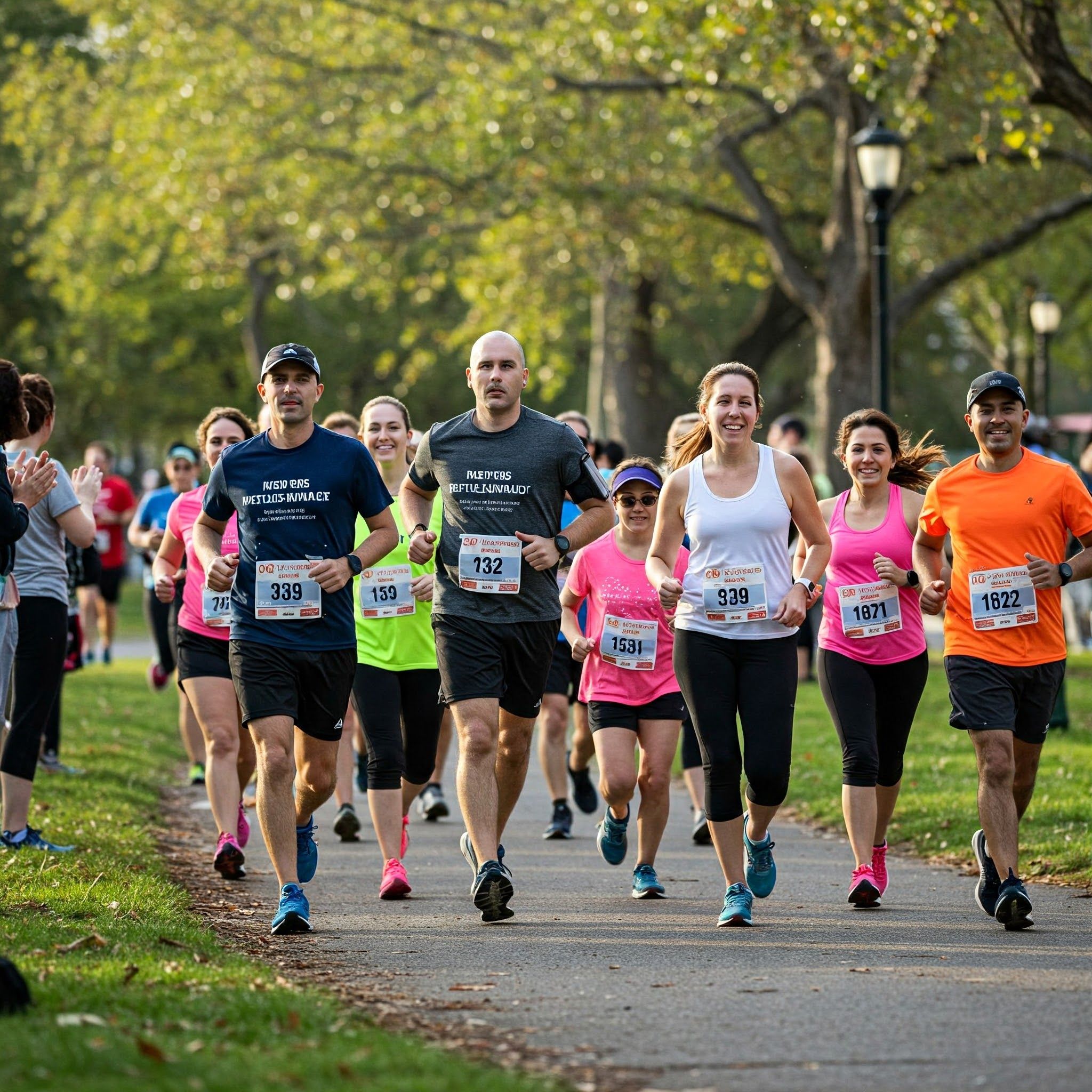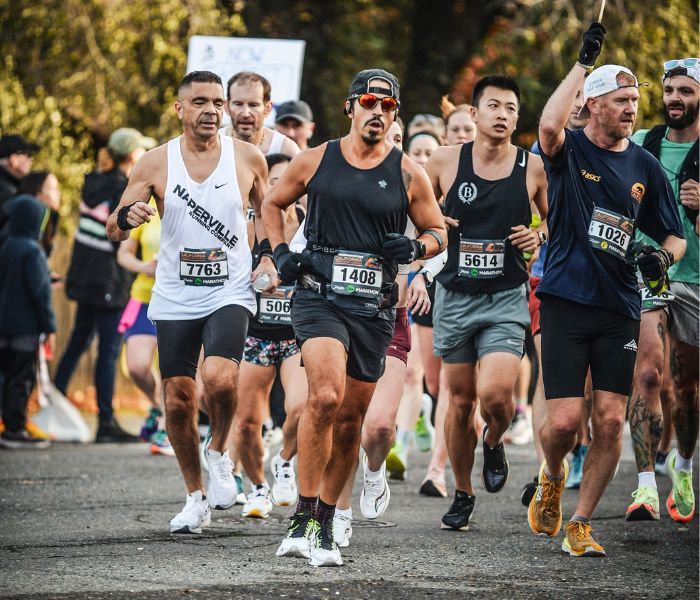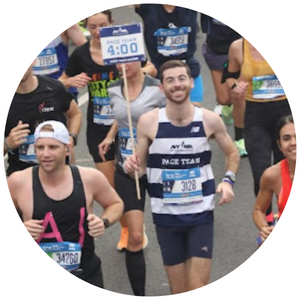Grandma’s Marathon: A Comprehensive Guide for Runners
Grandma’s Marathon in Duluth, Minnesota, is a bucket-list race for many runners. With its scenic course along the shores of Lake Superior and its rich history, it’s no wonder it attracts participants from all over the world. But running Grandma’s requires preparation, both physically and logistically. As your run coaches, we’re here to give you the inside scoop on everything you need to know.
What Makes Grandma’s Special?
- The Course: The point-to-point course runs along scenic Highway 61, following the north shore of Lake Superior. The views are breathtaking, but the course also presents rolling hills that demand respect.
- The Atmosphere: The race has a unique, small-town feel despite its large size. The enthusiastic volunteers and the supportive crowds create an unforgettable experience.
- The History: Grandma’s Marathon has a storied past, dating back to 1977. Its legacy and tradition make it a special event.
- The Finish: Finishing in Duluth’s Canal Park, you’ll be greeted by cheering crowds and the iconic lift bridge.
Key Race Details:
- Date: Typically held on the third Saturday in June.
- Location: Duluth, Minnesota.
- Course: Point-to-point, from Two Harbors to Duluth.
- Terrain: Rolling hills, with some challenging inclines.
- Weather: Expect variable conditions, ranging from cool and foggy to warm and humid.
Training for Grandma’s:
- Hill Work: The course’s rolling hills make hill training essential. Incorporate both uphill repeats and downhill running into your training plan.
- Long Runs: Building endurance is crucial. Gradually increase your long run distance, simulating race conditions as much as possible.
- Weather Acclimation: If you’re not accustomed to Minnesota’s summer weather, prepare for potential heat and humidity.
- Course Familiarity: If possible, review the course profile and understand the elevation changes.
- Our Coaching: We can provide a customized training plan that takes into account the unique challenges of Grandma’s Marathon.
Logistical Considerations:
- Travel and Accommodation: Duluth is a popular destination, so book your travel and lodging well in advance.
- Transportation: The race provides bus transportation from the finish line to the start line in Two Harbors.
- Expo and Packet Pickup: Plan to attend the race expo to pick up your race packet and browse vendor booths.
- Pre-Race Nutrition: Pay close attention to your nutrition in the days leading up to the race.
- Post-Race Recovery: Plan for post-race recovery, including hydration, nutrition, and rest.
Race Day Tips:
- Pacing: Start conservatively and maintain a consistent pace, especially on the hills.
- Hydration and Nutrition: Take advantage of the aid stations along the course.
- Listen to Your Body: Don’t hesitate to slow down or walk if needed.
- Enjoy the Experience: Soak in the atmosphere and appreciate the scenic views.
Why Choose Us as Your Coaches?
- We have experience coaching runners for challenging races like Grandma’s Marathon.
- We provide personalized training plans tailored to your individual needs and goals.
- We offer ongoing support and guidance throughout your training journey.
- We can assist with race strategy, nutrition planning, and recovery.
Grandma’s Marathon is more than just a race; it’s an unforgettable experience. You can achieve your goals and create lasting memories with proper training and preparation. Let us help you make your Grandma’s Marathon dreams a reality. Contact us today to learn more about our coaching services.












